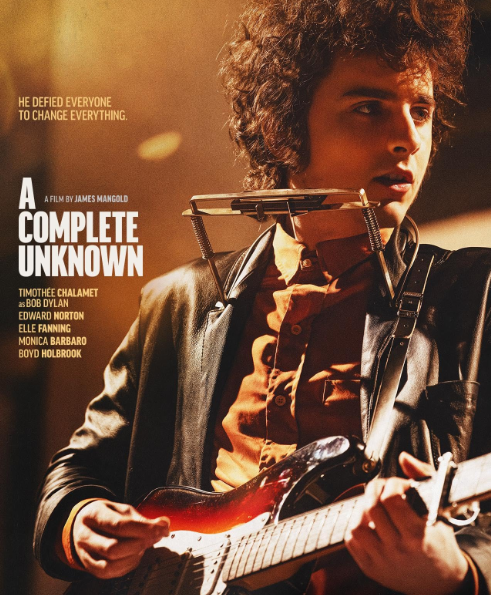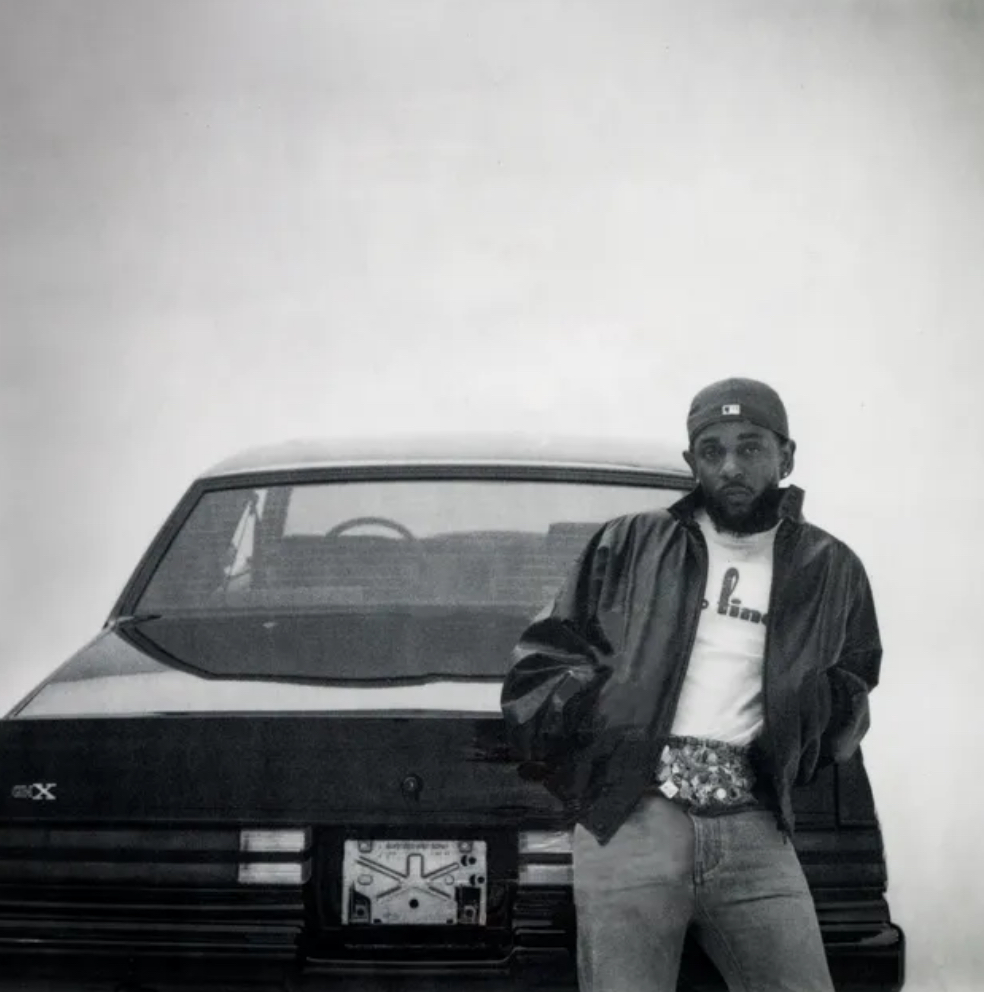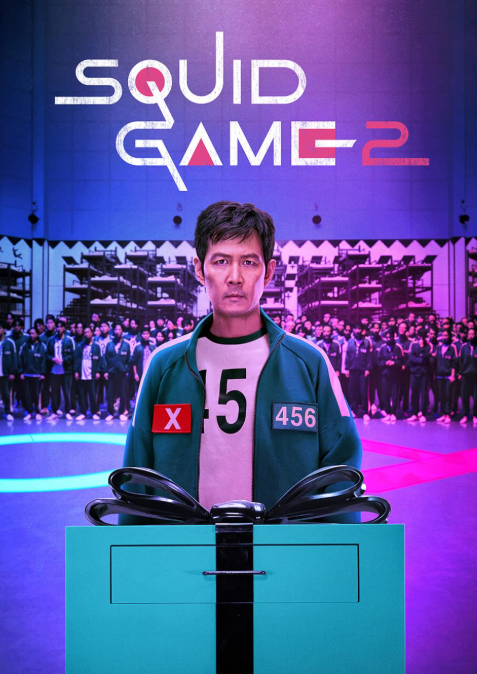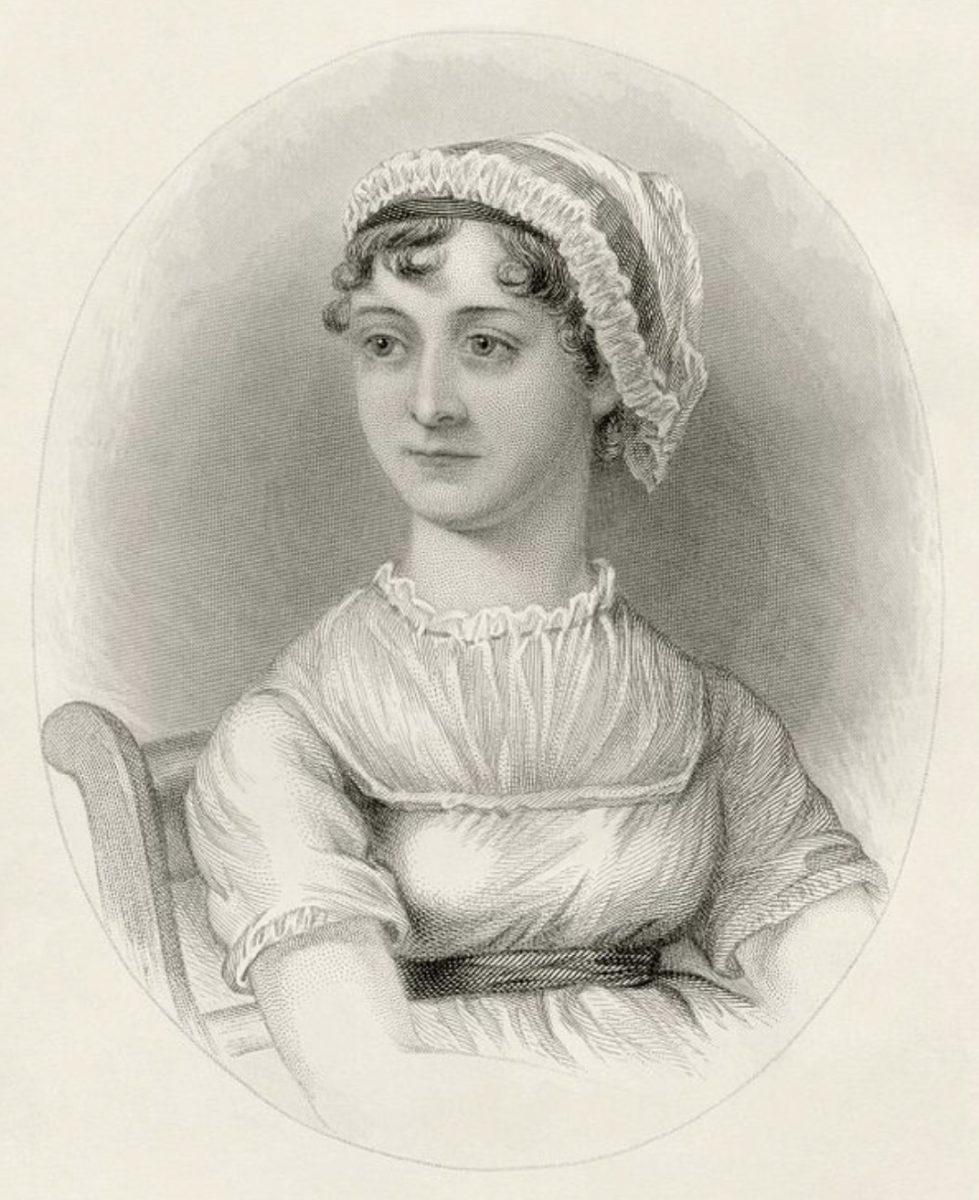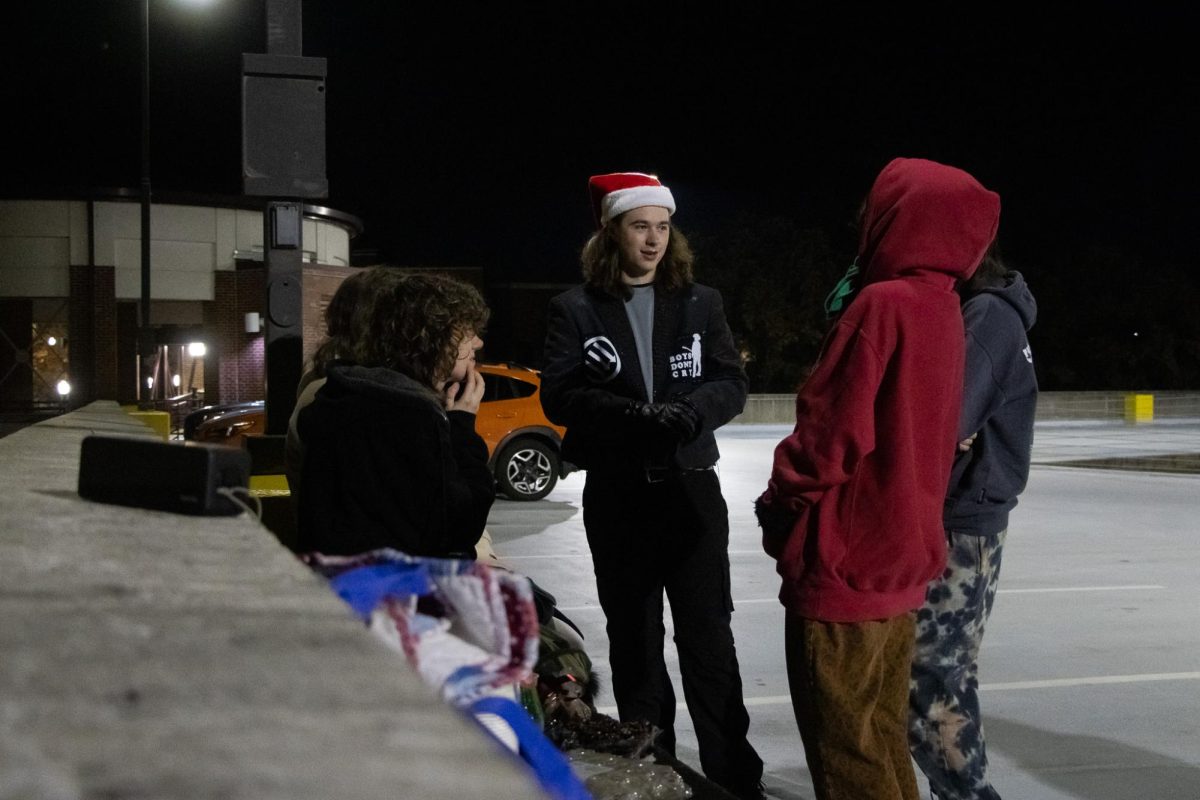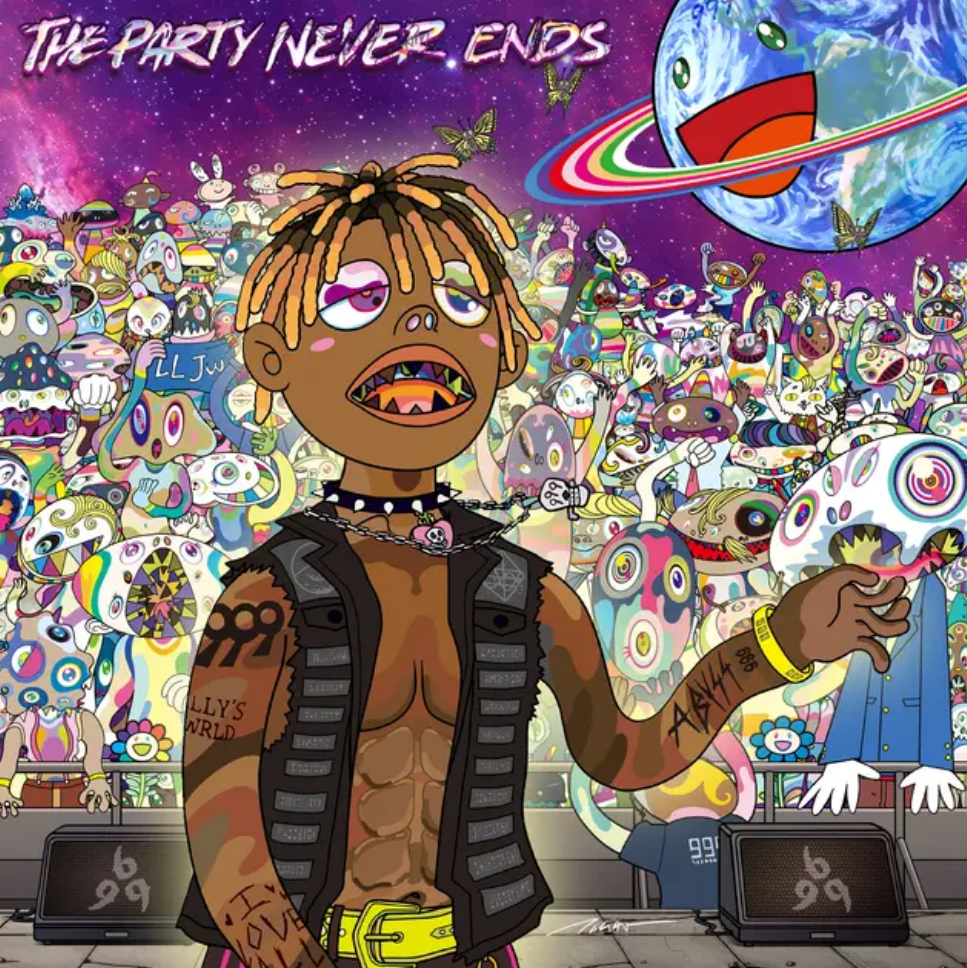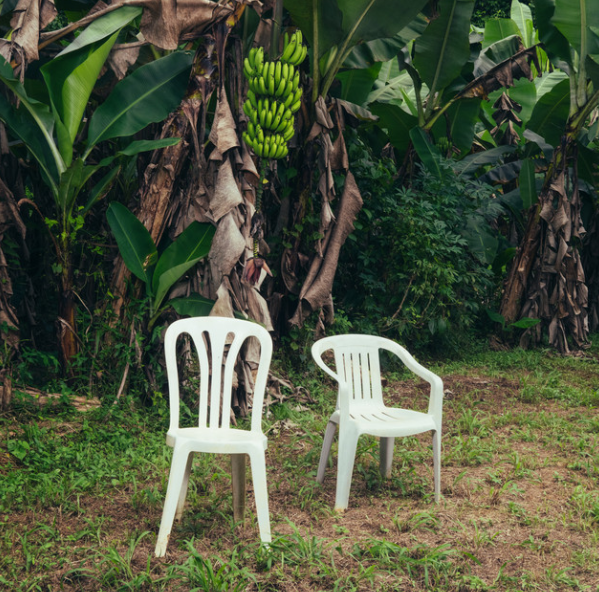
Puerto Rican rapper, record producer and actor Benito Ocasio — more famously known as Bad Bunny — brought an exciting start to the new year by releasing his album titled “DeBÍ TiRAR MáS FOToS” on Sunday.
The album’s title, meaning “I should have taken more photos,” is a reflection on the importance of photos and storing memories, and how it has become taken for granted with developing technology and the ease of posting digital stories.
There are also different meanings to the album’s title related to incidents where Bad Bunny threw fans’ phones or refused to take pictures with supporters who see him in public.
In a YouTube interview with Popcast, The New York Times’ music podcast, Bad Bunny talked about the new album. He discussed how he may not want to take pictures with fans because he’s in a bad mood or forgets how special a photo with a favorite artist can be to his supporters.
“It’s not an apology, it’s a reminder to myself,” he said.
Bad Bunny incorporates various historical sounds of Puerto Rican music throughout all 17 songs in the album by mixing in experimental and urban sounds like salsa and dembow, a musical style and rhythm that has been a core percussion component in Latin trap, reggaeton, hip-hop and more since the ‘80s and ‘90s.
While paying homage to older Latin sounds, Bad Bunny also includes his signature sounds and switches up in songs like “NUEVAYoL” and “BAILE INoLVIDABLE.”
The ninth track of the album, titled “BOKeTE,” is a slower track where Bad Bunny touches on a past relationship with the analogy of a “boquete,” or a pothole. Lyrically, he explains that the past love left a hole in his life, but that the experience and pain needed to happen for him to become the person he is today. This dynamic can be seen in lyrics such as, “Tú ere’ un boquete en PR, por eso es que esquivo / Ya no hay más poema’ pa’ ti, este es el último que escribo.”
Bad Bunny also explained a secondary meaning to the analogy when talking to Popcast, saying that it is a political statement about potholes that fill in the streets of Puerto Rico due to poor maintenance from the government.
Many artists featured on the album, some adding traditional sounds — like Los Pleneros de la Cresta and Chuwi — with others offering more alternative contributions — like RaiNao, Omar Courtz and Dei V.
To promote the album before its release, Bad Bunny released a short film of the same title that showed that Puerto Rican culture still thrives in the country, despite countless efforts to gentrify businesses and neighborhoods.
“I’ve been living a lot of new experiences,” he said in an interview. “The last two years I met a lot of people from different countries, different cultures, and I had to share my culture.”



